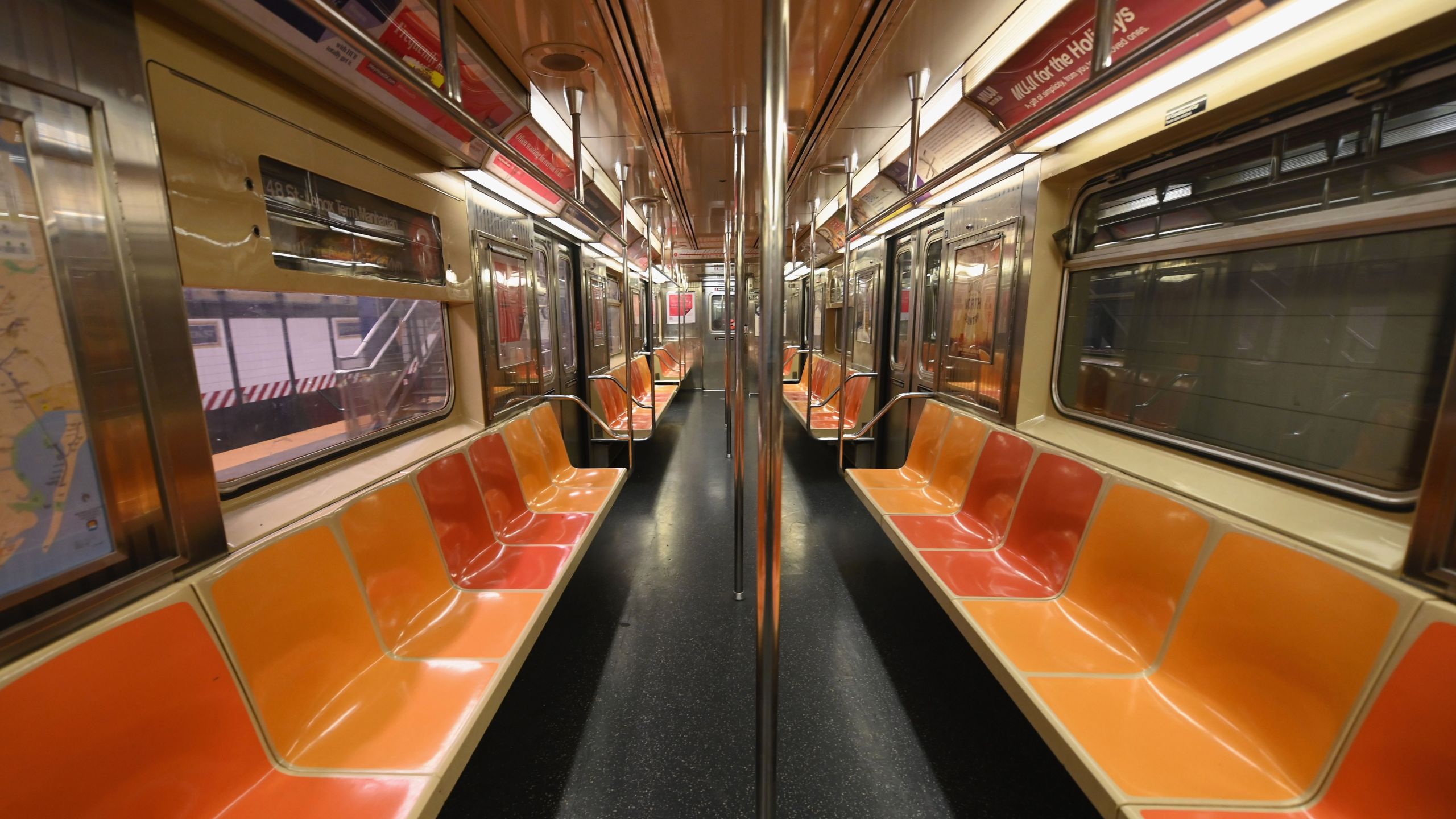DISCLAIMER: This article represents my personal views and not those of my employer or any affiliated organizations.

What will happen to cities?
In the wake of corona, New Yorkers and other city dwellers made the realization that “Hey, maybe I don’t need to be at the center of the knowable universe!”. They decided to venture out into what they once deemed “flyover states”. Many remember when Brooklyn was perceived as “unlivable”, only to be brought to the top of hype in the 2000’s. New York City has suffered many “deaths” over time – The 1977 blackout, the 1987 recession, 9/11, the Great Recession, Hurricane Sandy… take your pick. Depending who you ask, New York City has come back from the dead so many times it’s not worth counting. I’m not here to talk about that.
Major metropolitan areas will still exist in a post-virus world. They will, however, be changed significantly. Cities will be less centralized, a trend that has been going on for decades. They will not just have to welcome a global workforce that wants to move there, but will be subject to that workforce’s demands. Physical place will take little importance to how business is done. I wrote an article on this migration earlier this year. Many will leave metro areas entirely, in a trend we could call The Great Dispersal.
The “3 R’s” (restaurant, brick-and-mortar retail, and commercial real estate) industries have taken a tremendous hit during the virus:
- As of September 2020, 100,000 restaurants closed since the start of the virus.
- Chain retail stores shuttered 520 store units in Manhattan alone.
- It is estimated that global office vacancies will not return to their pre-virus levels until 2025.
It’s highly unlikely big cities will continue with their current state: Sidewalk tent restaurants outside of actual restaurants, retail stores acting as proxies for e-commerce, and giant skyscrapers sitting empty.
Where Do We Go From Here?
Restaurants
For the immediate future, we will have to find a way to sustainably accommodate dining. It should be more comfortable, not outside, and enforce compliance. This could involve the use of “lampshade” pods which block transmission of droplets, do not require the user to wear anything, and don’t interrupt the dining experience.
Ghost kitchens which offer no in-person counter and only receive takeout orders have become popular. They also cut down on front-of-house overhead for restaurants’ famously razor-thin margins. This may mean that workers get their food from a restaurant, and eat it somewhere else – Such as a park, or other socially distanced environment.
Retail
Brick-and-mortar stores may begin to embrace their function as carry-out centers. Retail stores, especially big box retailers, are already functioning as reserve stock rooms for their e-commerce properties. While most entrances are automatic (foot pedals could help), many consumers are uncomfortable with having to grab products that other customers touch.
We could see checkouts functioning much like layaway counters to eliminate this. Employees bring items to you, and there is little need for the aesthetic gleam of restocking, store displays and shelf-facing.
Real Estate
As office buildings in major metros sit empty, many are proposing a conversion to mixed-use functions, living spaces and other purposes. I witness this in my neighborhood of the Financial District, Manhattan – Where old bank towers were successfully converted to high-rise apartments. NY Governor Cuomo recently reviewed a proposal to do exactly that in Midtown Manhattan.
Suburban low-rise offices could turn into hospitals or living spaces as well. These residential conversions could finally start to fill the need for affordable housing. If you’re from New York, this may be shocking. Nobody expected this much housing inventory to open up, when we constantly hear about housing lotteries and lack of space.
Conclusion
The virus may last a long time. We’ve seen in 2020 that economies will not stay locked down forever, and will adapt. We could see a post-virus transition sooner than we think. There is opportunity in crisis. The world will go on. As with all crises, this too will end.
Sign up to the Origin Story mailing list or more helpful professional tips!
7 thoughts on “The Great Dispersal: What Will Happen to Cities?”